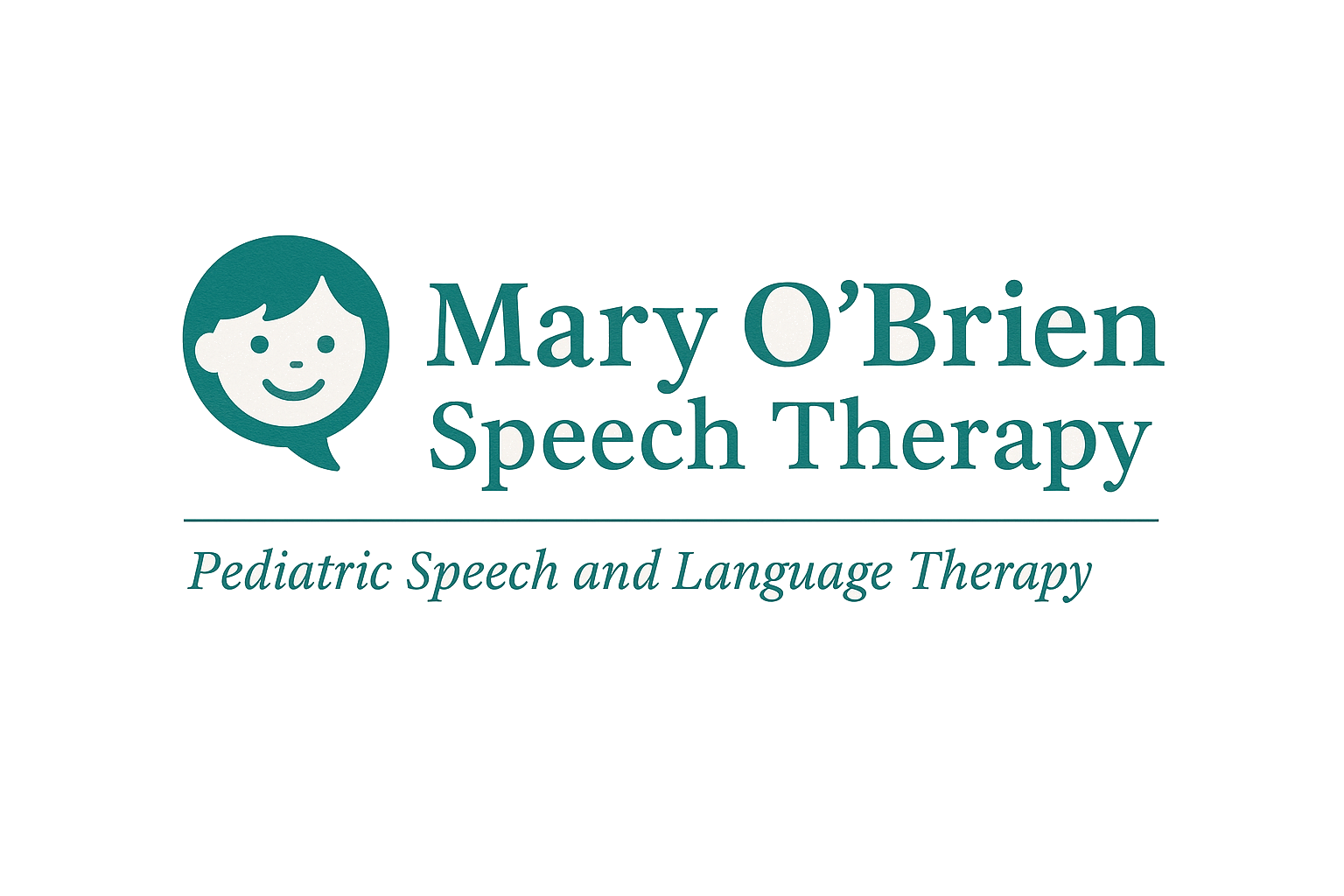Speech/Sound Production (Articulation Disorders)
Your Trusted Speech Therapy in Chicago IL
Effective Speech and Articulation Therapy for Children
Getting help with specific sounds of letters and words.
If your child is having trouble with certain letter or word sounds, we can help.
Articulation refers to the way a speech sound is produced. People with an articulation disorder have problems forming speech sounds properly using their mouth, lips, tongue, and more.
Articulation disorders are not a phase. Your child does not 'grow out of it'. Articulation disorders, if untreated, become worse and become much more difficult to treat when you get older.
If your child is having trouble making the sounds required to pronounce letters and words, contact me today to schedule an appointment. We can do an assessment and provide a plan that will help get your child on track today. Don't wait, as this type of disorder doesn't get better with time.


How Do We Help with Articulation? Read More Below.

SPEECH/SOUND ARTICULATION THERAPY
The articulation roadmap...
Our plan involves work in the clinic, in school and in the home.
Articulation disorders are difficulty making specific speech sounds (like “r,” “s,” “l,” “th,” or certain consonant blends). I start by listening carefully to which sounds are tricky, where they break down (beginning/middle/end of words), and what helps or hurts production (speed, background noise, fatigue). I’ll check how your child moves the lips, tongue, jaw, and breath, and whether the sound is stimulable—meaning your child can make it with a little coaching. From that, we set clear, functional goals (e.g., “produce /r/ clearly in short words,” then “in sentences,” then “in conversation at school”).
Therapy is motor-based and high-repetition—we practice the exact movements needed for the target sound. I use phonetic placement (where to put the tongue/lips), shaping (turning an easier sound into the target), mirrors and models, and sometimes tactile/visual cues. We move through a hierarchy: isolation → syllables → words → phrases → sentences → conversation, and we vary practice (slow/fast, quiet/loud, different word positions) so the skill sticks in real life. I balance feedback—first lots of specific “how to” coaching (knowledge of performance), then gradually less and more “right/wrong” feedback (knowledge of results) to build independence.
Carryover is baked in from day one. You’ll get 5–10 minutes of home practice (a short list of words or a mini game) so your child gets correct reps between sessions. I coordinate with teachers so targets show up at school, and I track progress each week to adjust difficulty—adding new word positions or moving up to longer sentences when ready. The goal isn’t just a perfect sound in the clinic; it’s your child using that sound confidently and automatically everywhere they talk.
Learn more about communication skills and disorders at the ASHA website.
REQUEST AN APPOINTMENT
Learn more about our effective speech and communication therapy for children
Fill out the form and we will contact you during our working hours.
